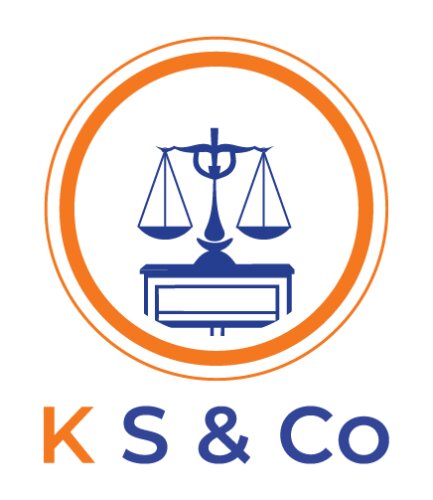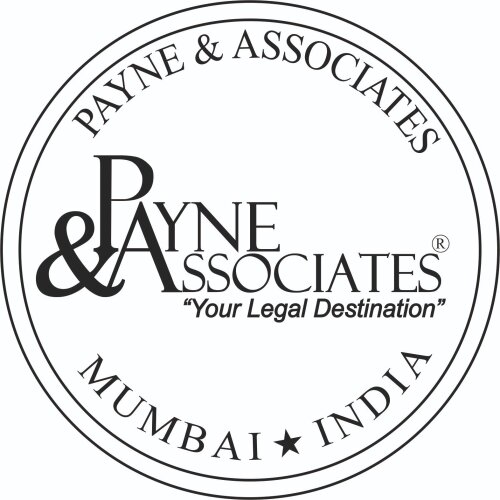Best Media and Entertainment Lawyers in Mumbai
Share your needs with us, get contacted by law firms.
Free. Takes 2 min.
List of the best lawyers in Mumbai, India
About Media and Entertainment Law in Mumbai, India
Mumbai, also known as Bollywood’s home, holds a prominent position in the Indian Media and Entertainment industry. This industry encompasses television, films, advertising, print media, digital platforms, events, and more. The dynamic legal landscape is ever-changing due to the shift towards digital platforms and emerging legal issues. The law areas chiefly involved are copyright, contract, defamation, censorship, and privacy directly related to entertainment and media. Professional advice from a competent legal expert in the field of Media and Entertainment law is therefore often needed.
Why You May Need a Lawyer
From drafting contracts to litigation, legal advice can be necessary for various situations. Film production houses, music companies, performers, authors, and advertisers might require guidance on licensing, copyright issues, and contract management. Additionally, media houses and digital platforms often need lawyers for regulatory compliances and handling grievances. Defamation suits, censorship issues, privacy invasion, and IP rights infringement are also common situations where an Entertainment lawyer's expertise is sought after.
Local Laws Overview
The Indian legal framework offers protection to creative and media-related works under The Copyright Act, 1957, and the Trademark Act, 1999. Besides these, the Indian Contract Act, 1872, the IT Act 2000, the Cinematograph Act, 1952, the Censorship laws, and Press Council of India guidelines play a crucial role. Mumbai, as an entertainment hub, sees a heavy impact due to these laws. Moreover, local rules and laws guided by the Mumbai civic body may impact filming, advertising, and public performances.
Frequently Asked Questions
1. What laws protect intellectual property in Media and Entertainment in India?
The Copyright Act of 1957 and The Trademarks Act of 1999 primarily protect intellectual properties. The Patent Act and The Design Act are also applicable in relevant circumstances.
2. What are typical legal issues in digital media?
Data protection, privacy violations, jurisdiction dilemma, copyright infringements, and violation of terms of service are common legal issues that arise in the digital media space.
3. What are censorship laws in India?
The CBFC under the Cinematograph Act, 1952, takes up censorship in Films. TV broadcasting content is regulated by the Cable Television Network Act, 1995, whereas the Press Council of India takes care of Print Media. For online content, the IT Rules, 2021, have been made relevant.
4. Is defamation a common issue in Media and Entertainment law?
Yes, defamation, both slander and libel, is a common issue. It often arises in cases of celebrity-related news, reviews, and other such content. Both civil and criminal remedies are available for defamation under the laws of India.
5. Can I challenge censorship in India?
Yes, censorship can be challenged in Court. It largely depends on the merits of each case and involves interpreting constitutional provisions related to freedom of speech and expression.
Additional Resources
The Ministry of Information and Broadcasting, Central Board of Film Certification (CBFC), and the Press Council of India are principal governmental bodies related to the Media and Entertainment industry. In addition, the Intellectual Property India website, BARC India, and the Indian Broadcasting Foundation (IBF) can also provide helpful resources.
Next Steps
In case you need legal assistance, your first step should be to identify and approach a lawyer with expertise in the Media and Entertainment field. Being specific about your requirements and having relevant paperwork in order can expedite the process. Remember, legal procedures often take time, so patience is key.
Lawzana helps you find the best lawyers and law firms in Mumbai through a curated and pre-screened list of qualified legal professionals. Our platform offers rankings and detailed profiles of attorneys and law firms, allowing you to compare based on practice areas, including Media and Entertainment, experience, and client feedback.
Each profile includes a description of the firm's areas of practice, client reviews, team members and partners, year of establishment, spoken languages, office locations, contact information, social media presence, and any published articles or resources. Most firms on our platform speak English and are experienced in both local and international legal matters.
Get a quote from top-rated law firms in Mumbai, India — quickly, securely, and without unnecessary hassle.
Disclaimer:
The information provided on this page is for general informational purposes only and does not constitute legal advice. While we strive to ensure the accuracy and relevance of the content, legal information may change over time, and interpretations of the law can vary. You should always consult with a qualified legal professional for advice specific to your situation.
We disclaim all liability for actions taken or not taken based on the content of this page. If you believe any information is incorrect or outdated, please contact us, and we will review and update it where appropriate.
















